I am processing a text file and writing transformed rows from a Spark application to elastic search as bellow
input.write.format("org.elasticsearch.spark.sql")
.mode(SaveMode.Append)
.option("es.resource", "{date}/" + dir).save()
This runs very slow and takes around 8 minutes to write 287.9 MB / 1513789 records.

How can I tune spark and elasticsearch settings to make it faster given that network latency will always be there.
I am using spark in local mode and have 16 cores and 64GB RAM. My elasticsearch cluster has one master and 3 data nodes with 16 cores and 64GB each.
I am reading text file as below
val readOptions: Map[String, String] = Map("ignoreLeadingWhiteSpace" -> "true",
"ignoreTrailingWhiteSpace" -> "true",
"inferSchema" -> "false",
"header" -> "false",
"delimiter" -> "\t",
"comment" -> "#",
"mode" -> "PERMISSIVE")
....
val input = sqlContext.read.options(readOptions).csv(inputFile.getAbsolutePath)